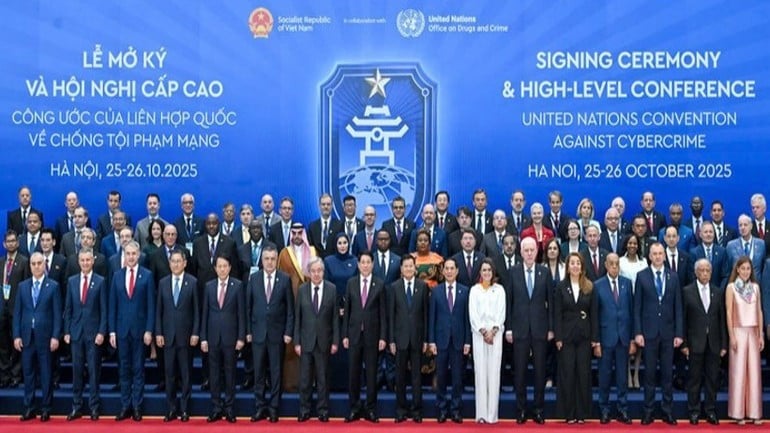
From Hanoi, the city of peace , the world witnessed a historic milestone. The signing ceremony of the United Nations Convention against Cybercrime, held on October 25-26, 2025, is a global multilateral convention on cybercrime signed, marking a major milestone in the effort to build an international legal framework to ensure cybersecurity, justice and human rights in the digital age.
The Hanoi Convention was born in the context of the world being under pressure from the technology boom and increasingly sophisticated threats of cybercrime. Data attacks, electronic fraud, ransomware or the use of cryptocurrencies for money laundering cause losses of trillions of dollars each year. Cyberspace, from being a development platform, is gradually becoming a "new front" of non-traditional conflicts. Therefore, the United Nations' adoption and organization of the signing of the Hanoi Convention is not only a legal step forward, but also a symbol of the spirit of solidarity and global cooperation in protecting a safe and humane digital environment.
The signing ceremony at the National Convention Center in Hanoi attracted more than 110 countries, including United Nations Secretary-General António Guterres and Vietnamese President Luong Cuong. With the theme “Combating Cybercrime – Sharing Responsibility – Securing Our Future”, the event marked Vietnam as the first country in Southeast Asia to be chosen as the location to name and sign a global convention of the United Nations, an unprecedented event. By the end of the ceremony, 65 countries had signed, far exceeding the minimum number of 40 countries expected for the convention to come into effect.

The name “Hanoi Convention” has a profound symbolic meaning, not only honoring the city of peace but also recognizing Vietnam’s leadership, responsibility and mettle in the field of global cyber security. Since 2019, Vietnam has actively participated in the negotiation process, contributing practical proposals on technical assistance, technology transfer and protection of human rights in cyberspace. The choice of Hanoi as the place to open the signing is a recognition of the efforts of a developing country that is always steadfast in the values of cooperation, rule of law and sustainable development.
The Hanoi Convention consists of 9 chapters with 71 articles, comprehensively regulating issues of criminalization of cybercrime, investigative jurisdiction, international cooperation, extradition, judicial assistance and protection of personal data. This document not only standardizes the concept of cybercrime but also establishes a cross-border coordination mechanism so that countries can share information, track and handle crimes more effectively. Acts such as unauthorized access, data theft, electronic fraud, attacks on critical infrastructure, use of cyberspace to propagate terrorism or money laundering using cryptocurrencies are all specifically identified. This is a breakthrough step to overcome the "legal gray area" that has made many transnational cyberattacks impossible to prosecute.
The Hanoi Convention is notable for its balance between security and human rights. While the Budapest Convention (2001), the first international instrument on cybercrime, was criticized for its lack of privacy protection and was initially intended primarily for European countries, the Hanoi Convention has completely overcome this by requiring all investigation and data collection measures to comply with the principles of the rule of law, proportionality and transparency. Authorities are only allowed to access personal data or monitor information when there is a legitimate judicial order and within the necessary scope. This demonstrates a humane approach, considering cybersecurity inseparable from human rights, while strengthening confidence in the international rule of law.
From a legal perspective, the Hanoi Convention is considered the first global legal framework on cybercrime, requiring member countries to internalize the provisions of the convention into their national legal systems, ensuring compatibility and consistency. When the convention officially comes into effect, countries will enter the implementation phase, including amending criminal laws, establishing extradition mechanisms and mutual judicial assistance. The United Nations Office on Drugs and Crime (UNODC) will play a central role in monitoring, providing technical assistance, training and technology transfer so that countries, especially developing countries, have sufficient enforcement capacity.

For Vietnam, the Hanoi Convention opens up a great opportunity to improve the legal framework on cyber security, protect personal data and improve the capacity to respond to high-tech crimes. The Ministry of Public Security and relevant agencies have begun to develop an implementation plan, establish an inter-sectoral working group to review and internalize the provisions and prepare technical and human resources for the implementation process. Success in the role of host country also makes Vietnam one of the regional cooperation centers on cyber security coordinated by UNODC for the period 2026-2030.
The Hanoi Convention also represents the vision of multilateralism and the spirit of equal cooperation between nations. At a time when the world is witnessing a division in technological standards between major powers, the fact that more than 60 countries gathered in Hanoi to sign a common convention is a strong testament to the belief in dialogue and international law. From here, Hanoi becomes a symbol of digital cooperation, where nations share the responsibility to protect a common future in cyberspace.
Not only does it have legal significance, the Hanoi Convention also has profound humanitarian values. It defines that technology must serve people, not harm them. The inclusion of provisions to protect victims of cybercrime has opened up a comprehensive, human-centered approach. By encouraging countries to share technology, train human resources and strengthen capacity for disadvantaged countries, the Hanoi Convention has contributed to narrowing the gap, ensuring that no one is left behind in the digital transformation era.
Vietnam’s role in this process is not only as a host country but also as a facilitator. Vietnam has been actively promoting dialogue between groups of countries, contributing ideas to build provisions on technical assistance, data protection and balancing interests between development and security. With the spirit of “proactive, positive, responsible”, Vietnam once again affirms its position as a reliable partner, a bridge between developed and developing countries in building a global digital order.
UN Secretary-General António Guterres said at the signing ceremony: “The Hanoi Convention is a testament to the spirit of cooperation without borders, showing that when countries work together towards a common goal, for peace and digital security, the world can overcome all divisions.” President Luong Cuong affirmed: “Vietnam is proud to contribute to the global effort to protect cyberspace, for people and for sustainable development.”
In the long term, the Hanoi Convention will shape a new legal order for global cyberspace, where international law becomes a “shield” to protect peace and justice in the digital world. From Hanoi, the message spreads across five continents: Cyber security must be linked to human rights, and international cooperation is the key to ensuring a safe, fair, and humane digital future. The Hanoi Convention is a symbol of global trust originating from Vietnam, a country of peace and responsibility.
To successfully organize the Opening Ceremony and High-Level Conference of the United Nations Convention against Cybercrime (Hanoi Convention), it is impossible not to acknowledge the responsible and dedicated support of sponsoring enterprises such as: VietinBank, PVN, EVN, MB Bank, Agribank, SSI, FPT, VPBank, Gelex, Vietnam Airlines, VIX, BIDV, Viettel and OKX. The cooperation of these units demonstrates the spirit of public-private cooperation in a prestigious international event, and at the same time reflects the role and social responsibility of the Vietnamese business community in realizing the goal of building a safe, reliable and sustainable cyberspace. Thanks to that support, the Opening Ceremony of the Hanoi Convention has become a model symbol of global cooperation, contributing to affirming the prestige, position and image of Vietnam in the international arena.
Source: https://nhandan.vn/cong-uoc-ha-noi-dau-moc-lich-su-kien-tao-trat-tu-phap-ly-toan-cau-ve-an-ninh-mang-post920731.html


![[Photo] Opening of the 14th Conference of the 13th Party Central Committee](https://vphoto.vietnam.vn/thumb/1200x675/vietnam/resource/IMAGE/2025/11/05/1762310995216_a5-bnd-5742-5255-jpg.webp)





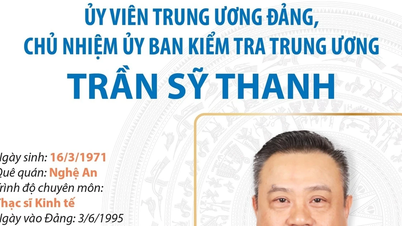

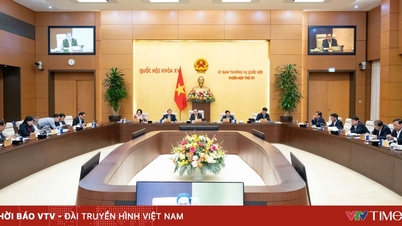



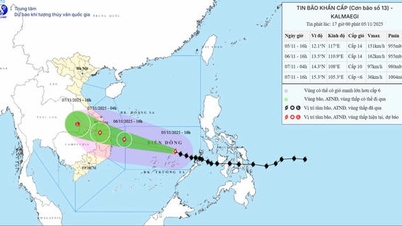






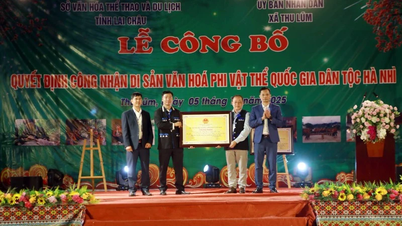


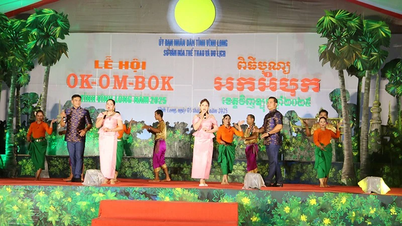

![[Photo] Panorama of the Patriotic Emulation Congress of Nhan Dan Newspaper for the period 2025-2030](https://vphoto.vietnam.vn/thumb/1200x675/vietnam/resource/IMAGE/2025/11/04/1762252775462_ndo_br_dhthiduayeuncbaond-6125-jpg.webp)



































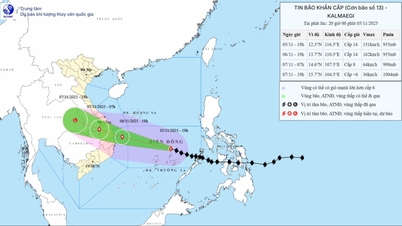
















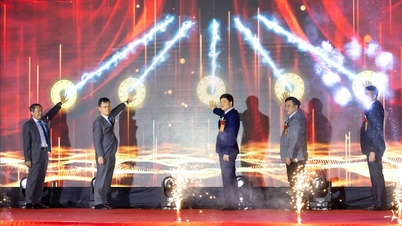

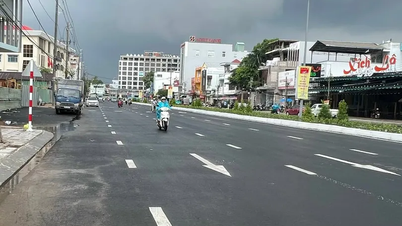

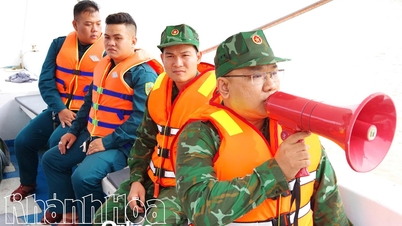

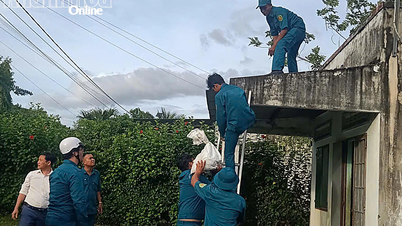
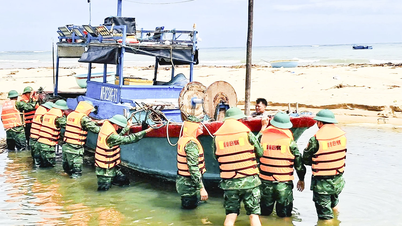










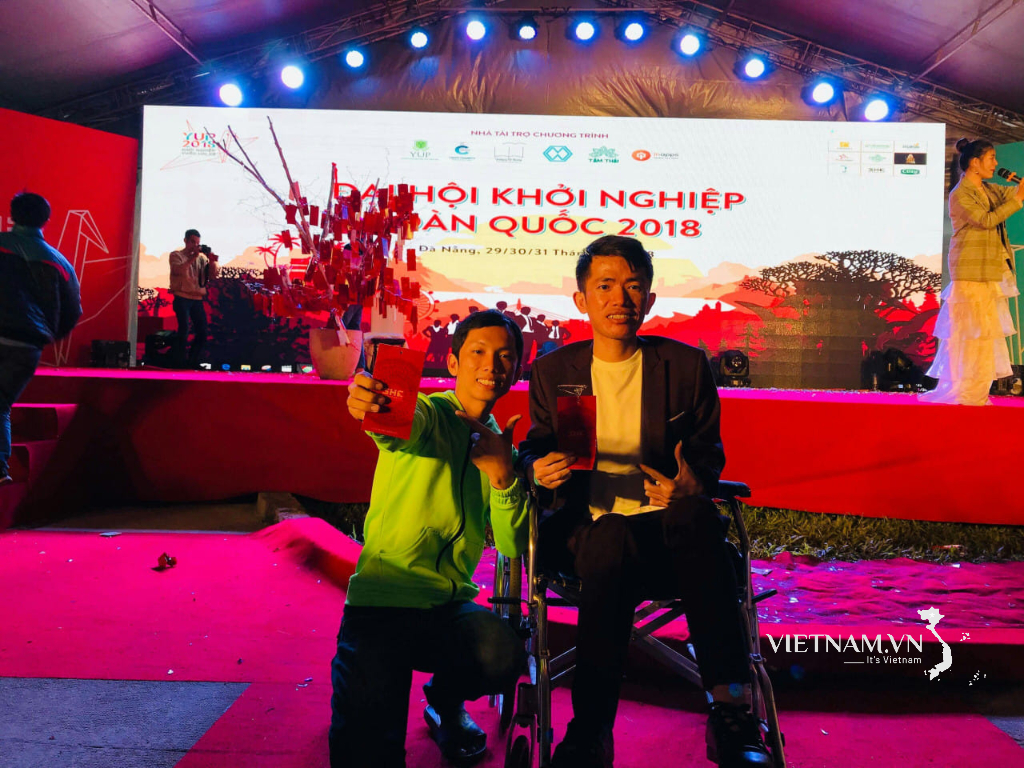



Comment (0)